You are here
Back to topKakuzi PLC: China’s Avocado Market Is Still Small but Has Great Potential
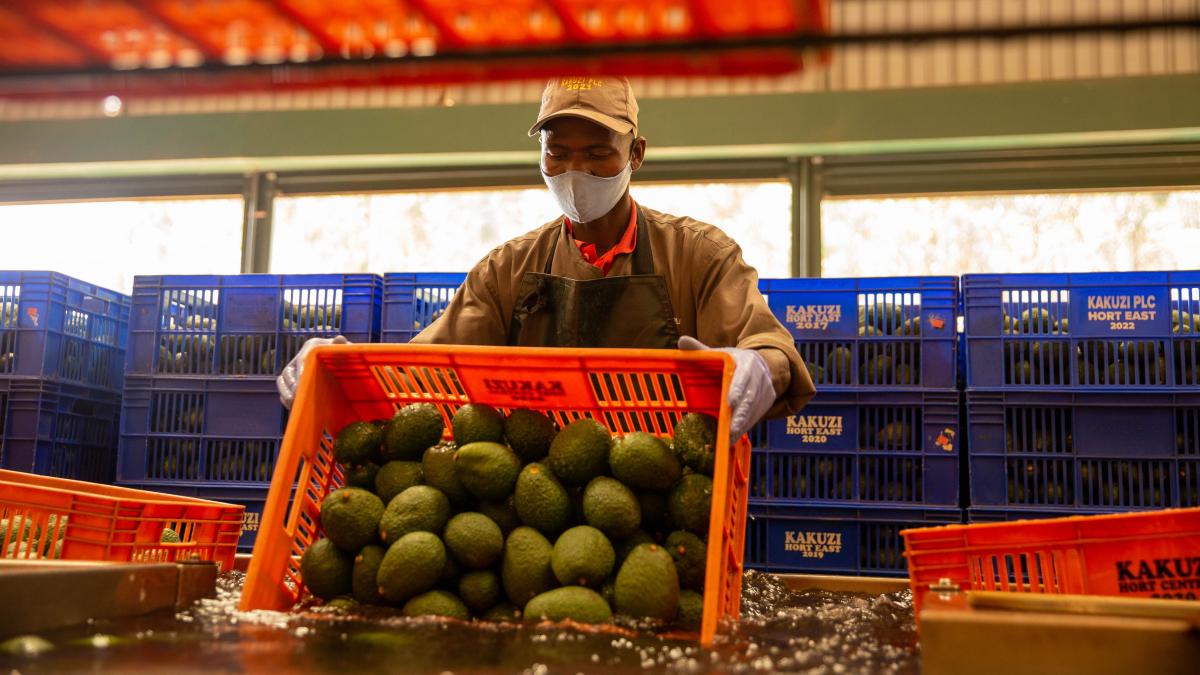
Kenya’s first avocado exporter to China Kakuzi PLC is gearing up for the new season, which is expected to start in April. Produce Report talked with the company’s managing director Chris Flowers to learn more about Kakuzi’s ongoing preparations, business expectations, partnerships in China and story of opening up a new market.
In August 2022, Kakuzi made history as the first commercial seller of African avocados to China. “The shipment that hit Shanghai supermarkets in August was made possible by the signing of trade protocols between the two countries in January,” recalled Flowers. Since the beginning of last year, Kakuzi has undertaken preparatory work and undergone stringent audits held by the Kenya Plant Health Inspectorate Service and China’s General Administration of Customs in order to gain access to the Chinese market. In total, Chinese authorities have approved 15 orchards, nine packhouses and one fumigation facility across Kenya, with Kakuzi’s premises being among the few. “All the fruit supplied to China by Kakuzi come from our own orchards and are packed and processed for export at our wholly owned packhouse,” highlighted Flowers.

The 2022 season saw a total of nine shipments made by Kakuzi to China. “Our exports to China became possible through the efforts of our China-based agents. We work closely with Halls Fresh Produce who operate in China under the leadership of Mr. Lifan Yu,” said Flowers in regard to the partnerships. “Halls started its supply program with Kenya through an initial air-freight shipment straight from Kakuzi to China in June 2022. Several other shipments followed suit by sea freight, arriving in China in time for October and November sales,” he added.
Acting as Kakuzi’s market representative, Halls focuses on educating Chinese customers about the health benefits of avocados, while its core business lies in supplying avocados from a wide network of growers worldwide. According to Flowers, the company’s partner actively works on increasing consumer demand in China, which brings Kakuzi great confidence in terms of future sales.
Although China’s avocado market currently looks relatively small compared with the European market, Kakuzi sees big potential for its business there. “Available data shows that approximately 50,000 metric tons of avocados were imported into China in 2021. Comparatively, Europe imported an estimated 750,000 metric tons over a similar period,” reported Flowers. Nevertheless, he believes that with the growing popularity of avocados in China, the export opportunities will grow there as well. Foreseeing Kakuzi’s export volumes to China to increase in 2023, he unveiled plans to expand the company’s current capacity in order to meet the demand from this new market. Flowers added that even when facing excessive demand, Kakuzi’s commitments will remain unchanged — “to consistently produce quality products, responsibly, sustainably and ethically.”
“The Chinese market is highly discerning and quality conscious. Despite the competition from South American countries, Kenyan avocado growers and exporters are well positioned to explore the Far East market as long as they adhere to the regulations laid down by the regulators,” said Flowers, emphasizing the importance of producing high-quality fruit. In his opinion, Kenya currently enjoys certain market advantages as it is one of the few approved African origins of fresh avocados to China. Besides the different taste characteristics compared with fruit from Peru and Chile, Kenya benefits from its geographical location, which presents the opportunity for faster deliveries. “Avocados can be transported to China by air or sea. Smaller consignments can be shipped by air while larger container loads are transported by sea, which takes four weeks from Kenya.”

Speaking of quality, Flowers said that Kakuzi totally supports the governmental ban of immature avocado exports. “The export of immature fruit by unscrupulous exporters would be detrimental to our positioning in the international markets. At Kakuzi, we maintain quality management processes including maturity testing procedures. We strive to ensure consistent production of safe and tasty products and do not compromise on quality,” asserted Flowers.
Among all of the avocado varieties produced in Kenya, the premium Hass variety was selected for exports to China. “The Hass variety has a distinctly delicious taste and perfect sizing suitable for a single serve compared to larger varieties, which are preferred for catering services. The Hass variety is undoubtedly the most preferred by Chinese consumers who have embraced and continue embracing the superfood for its health benefits and convenience as a fruit that completes a meal or a snack,” concluded Flowers.
Kakuzi PLC is a Kenyan integrated superfood producer publicly listed on the Nairobi Securities Exchange. The company produces avocados, blueberries, macadamia nuts, tea, livestock, commercial forestry products and related agricultural items. The company was established in 1927, with its avocado plantations reaching over 900 hectares last year.
Image: Kakuzi PLC



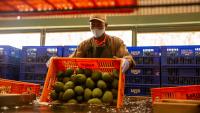
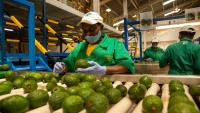
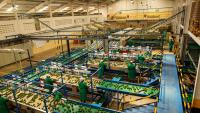



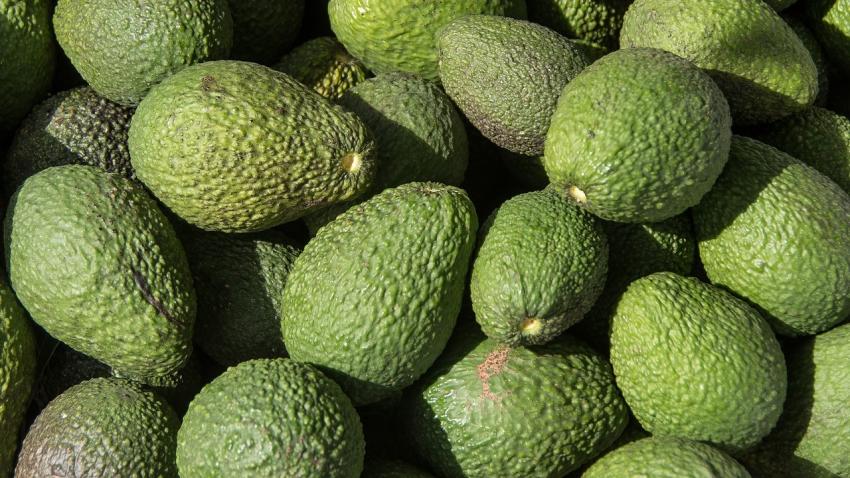
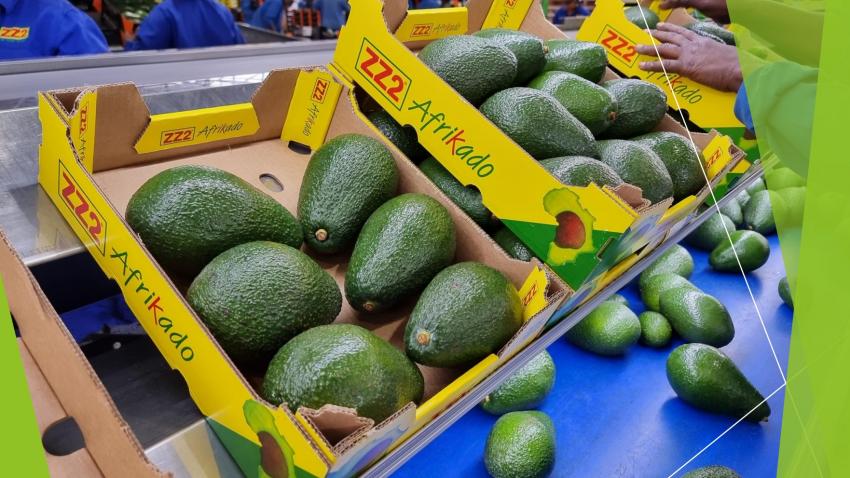
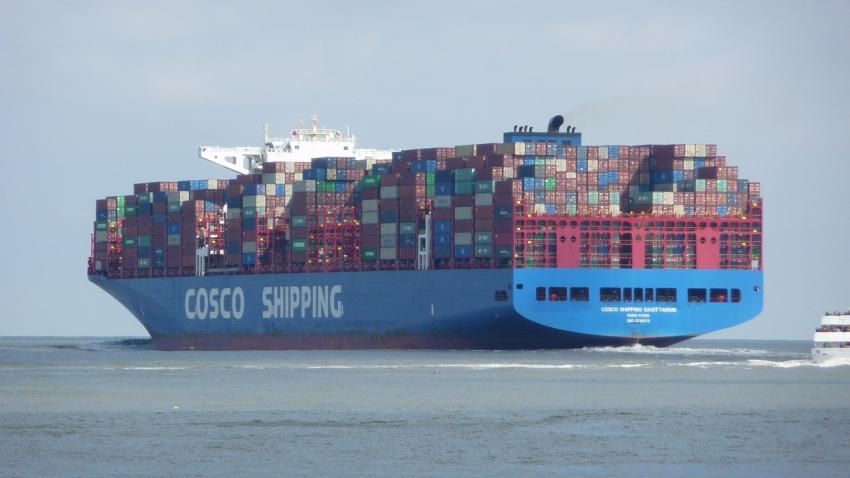
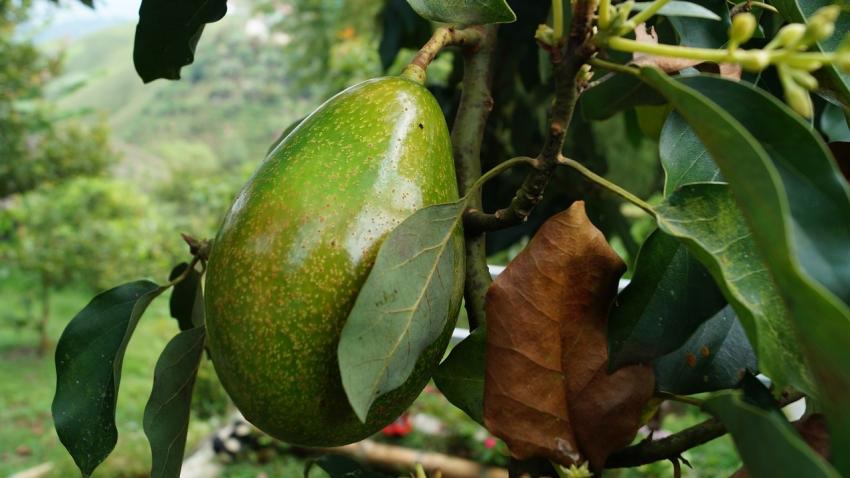







Add new comment